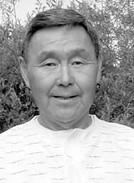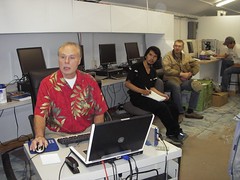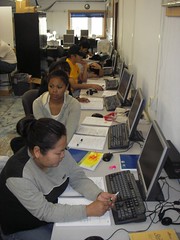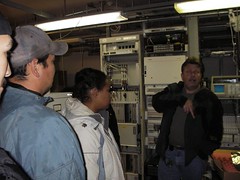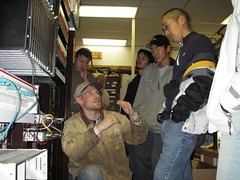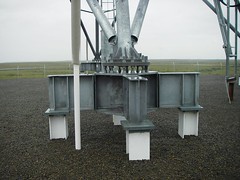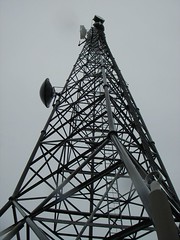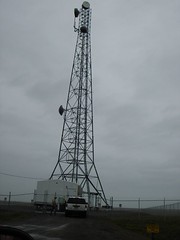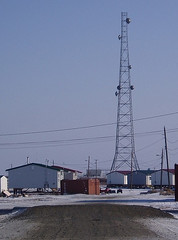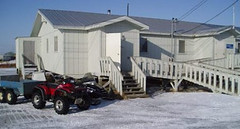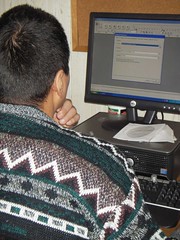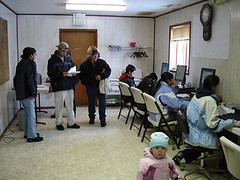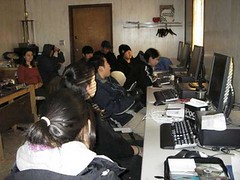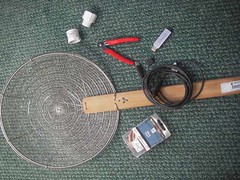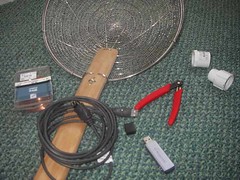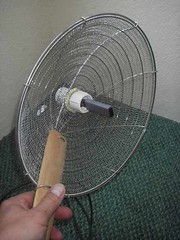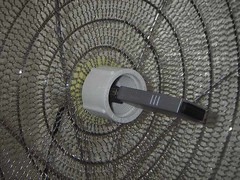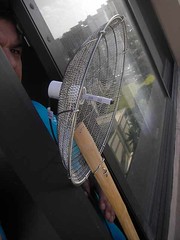“$200 Billion Broadband Scandal” Exposed by Investigative eBook, Offered Free Through June 26th, 2006Controversial and provocative book becomes centerpiece of a campaign to save the Internet and innovation, as we know it.WASHINGTON, D.C. (PRWEB) June 20, 2006 – As Congress debates the future of the Internet this week, consumer advocates are promoting Bruce Kushnick’s controversial book, “$200 Billion Broadband Scandal,” which chronicles what is called the largest fraud case in American History – even larger than Enron or WorldCom.
The six-day promotion includes a free (normally $20) download of the electronic copy from
www.newnetworks.com/scandals.htm so legislators needn’t worry about implications of receiving it as a gift from constituents who send a copy and demand an investigation.
Kushnick’s book, which is based on a 20-year analysis of phone company records and market and census data, describes “a tale of deceit, fraudulent data and gaming of the regulatory system using fake consumer groups, biased research firms and campaign-financed politicians to control everything from the FCC to Congress and the state legislatures and commissions, to vote for phone-company-financed laws that are not in the public interest.”
It is a micro-history of how the Bell companies (AT&T, BellSouth and Verizon) promised to deliver 45 Mbps bi-directional fiber optic connections to 86 million households by 2006. The networks were to be open to all competitors and deployed equally to the rich and poor in rural, urban and suburban neighborhoods – all in exchange for public subsidies and regulatory concessions.
· New York Times: “A Rant. All 406 pages of it.” “Enron? WorldCom? No. It’s much, much larger than those…”
· Muniwireless: “It’s a powerful critique documenting the trail of broken promises and misinformation.”
· Harold Feld, Media Access: “Meticulously documents how the incumbent telcos have used the promise of broadband to win subsidies and regulatory goodies.”
· Good Morning Silicon Alley: “A damning list of indictments, and one that puts the telco’s demands for a two-tiered Internet in harsh perspective.”
Kushnick estimates the value of those subsidies to be over $200 Billion, or some $2,000 per household, meaning that consumers paid for services they never got. He also estimates the economic impact of some 86 million U.S. households not having these capabilities to be about $500 Billion per year, or $5 Trillion over the 10-year period.
According to Broadband Reports, “Bruce Kushnick has been dubbed everything from the ‘Leading Visionary in the Telecom Industry’ to a ‘Phone Bill Fanatic, but what’s certain is that nobody in the industry is ignoring him.”
Teletruth is providing this ebook to add data and an alternative point of view to a contentious battle in Congress. The Senate is scheduled to vote on an extensive telecommunications bill that favors the nation's largest telephone companies with a national TV franchise intended to bypass local authority and enforcement and make it easier for phone companies to compete with cable companies in broadcast TV markets. The House passed a similar bill on June 8th.
While it is easy to like the idea of more competition, consumer advocates say the bills are being pushed through Congress without long-standing consumer protections and obligations such as, build-out requirements, public access programming, and network neutrality. This could let phone companies like AT&T and Verizon block or degrade competing services and change the very nature of the Internet.
“It’s essential that we preserve Internet freedom,” said Senator Byron Dorgan (D-ND) at a press conference after The SavetheInternet.com Coalition delivered more than 1 million letters and petitions urging Congress to protect Net Neutrality and resist efforts by phone and cable companies to control the Internet. “The open architecture which now exists, and which allows everyone fair access to any site on the Internet, without gatekeepers, must be preserved.”
“There are very important antitrust issues involved, and I believe it is appropriate for the Judiciary Committees of both the House and Senate to play a significant role in the formulation of the legislation,” said Senate Judiciary Committee chairman Arlen Spector (R-PA). “This is something we don’t want to rush to judgment on.”
Various book reviews are posted online, but given the pending rewrite of the Telecom Act, the views of telecom attorney Harold Feld are especially relevant. Feld is Senior Vice President of Media Access, a non-profit public interest telecommunications law firm.
“… The importance of Kushnick's book to me lies not in the likelihood that Americans will ever get the $200 B back again, or even whether the Bell companies genuinely tried to defraud rate payers (after all, markets and technologies do change, and promises to bring fiber to every home in the early and mid-1990s may have stemmed from optimistic projections and miscalculations). Rather Kushnick's book should serve as a warning for the promises made by the Bells today. As the Bells make the rounds in every state, on Capital Hill, and at the FCC, making the same arguments for deregulation, they should have to explain why this time will prove different than the times before. How will state [or national] franchising make a difference? How can legislators and regulators hold the Bells accountable if things don't work out this time? What happens if rate deregulation doesn't lead to the promised competitive Nirvana of cheap broadband and cheaper telephone service? What if the merged companies do not produce the “efficiencies” and price savings they promised? …”
_______________________
About Teletruth:
Teletruth is a national customer alliance focused on telecommunications and broadband issues, working in the public trust independent of any funding group, political party or phone company. Teletruth offers free phone bill analysis and audits to businesses and government agencies through LTC Consulting and research on broadband and telecommunications markets through New Networks Institute. All funds from the sale of these items are used to continue the work of Teletruth.
Contacts:
Bruce Kushnick
Chairman, Teletruth
Executive Director, New Networks Institute
bruce@teletruth.org
Tom Allibone
President, LTC Consulting
Director, Teletruth Auditing Division
Chairman, TeleTruth New Jersey Chapter
tom@teletruth.org
